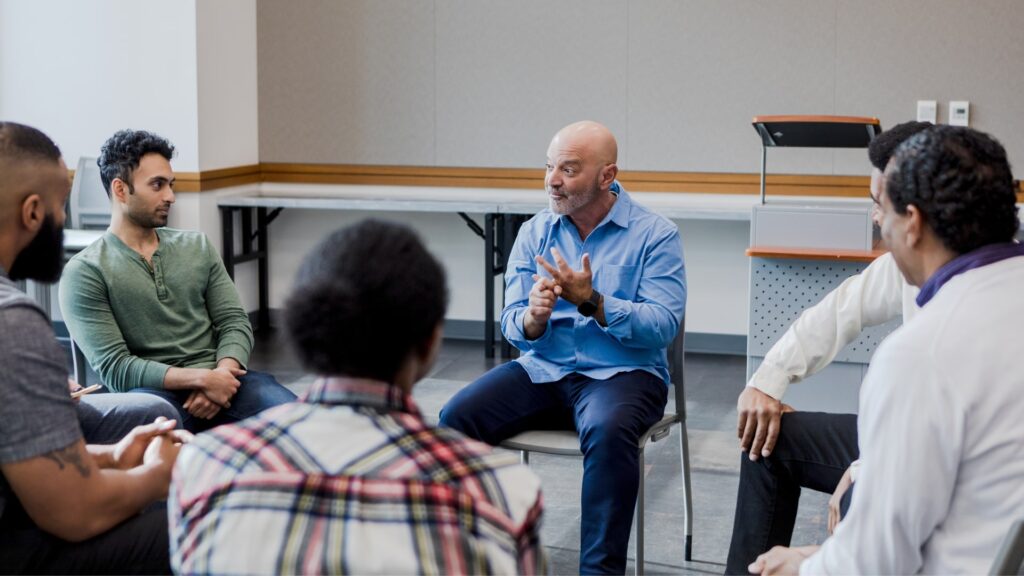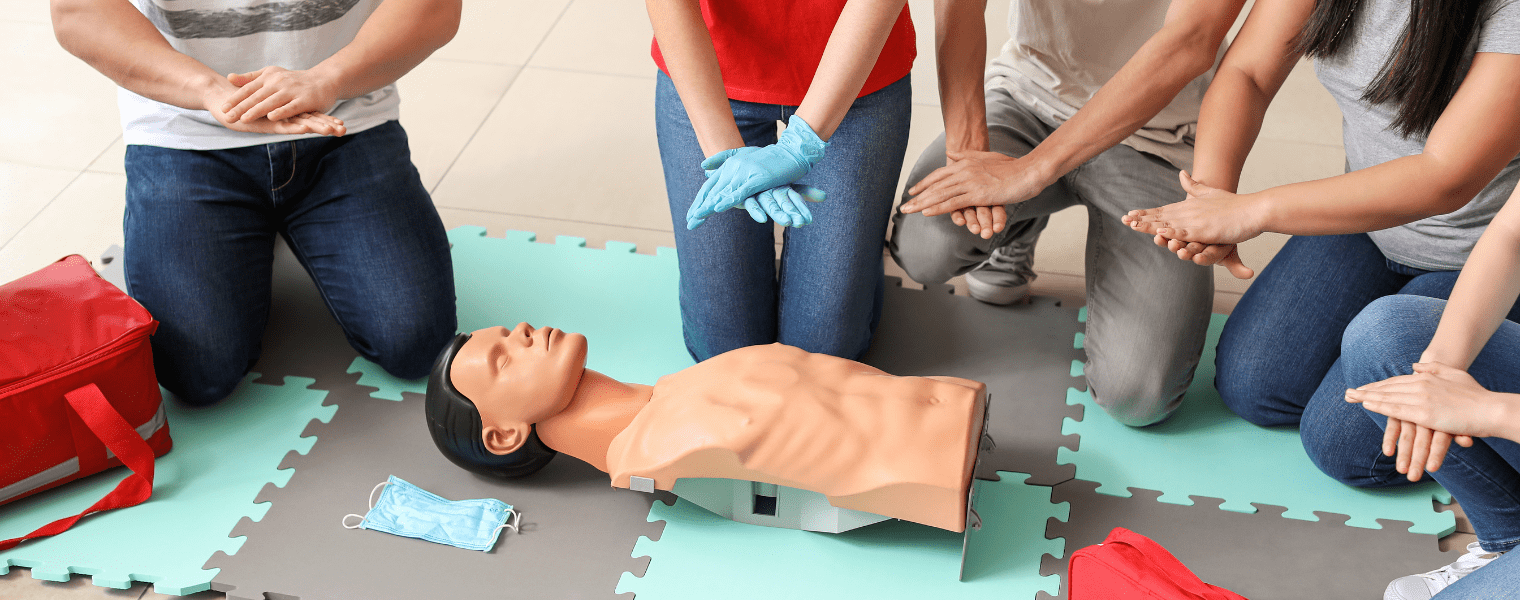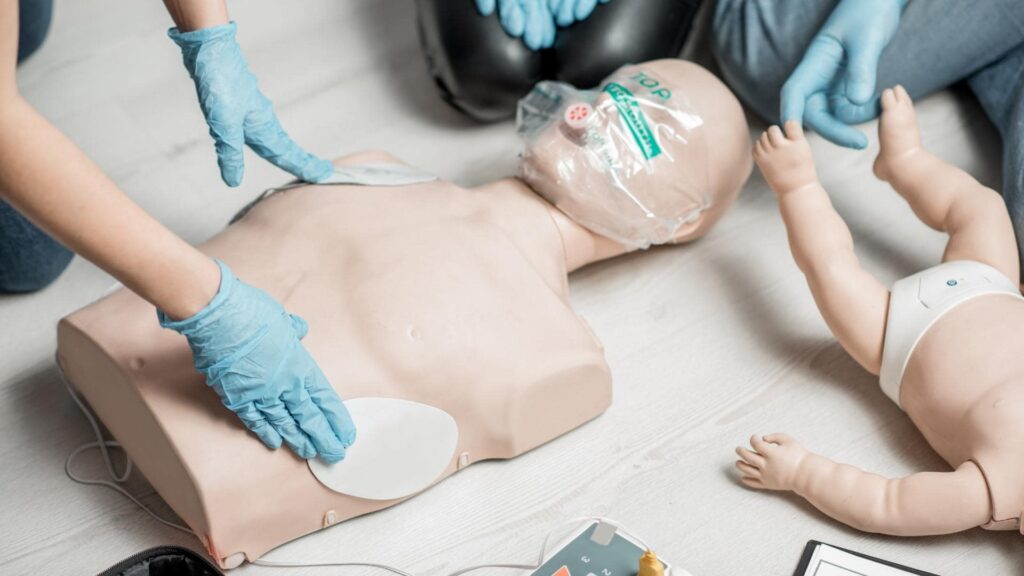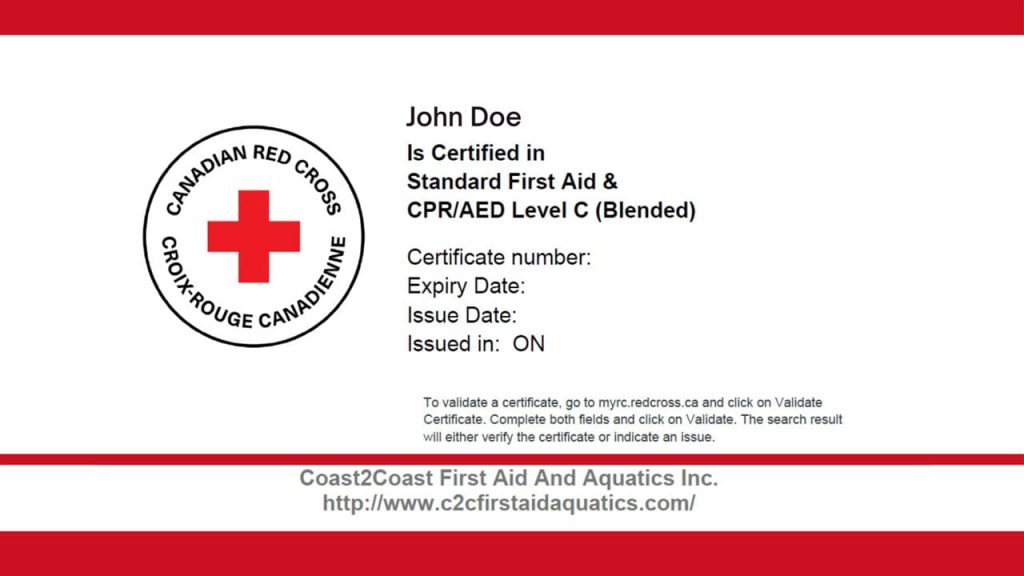Why is Workplace Mental Health First Aid Important?
Mental health issues are not uncommon because of the pressures people face. In the workplace, mental health problems can cost companies significantly while reducing their productivity because of absenteeism, staff turnover, and reduced motivation.
Therefore, mental health first aiders can play just as important a role as physical first aiders by monitoring behaviour, spotting symptoms, and providing early interventions. The earlier the intervention of a mental health first aider, the easier it becomes to prevent a crisis.

Inquire about Psychological First Aid Training
Do you have questions regarding Psychological First Aid training? Contact us today! Our customer service representatives are ready to assist you.
How does Mental First Aid Work?
A qualified mental health first aider knows how to offer adequate support and encourage people to live healthier lives. They can teach people to maintain positive well-being, increase the quality of their life, and self-care techniques.
When the workplace has someone who qualifies as a mental health first aider, they can help implement positive workplace practices that lead to mental health well-being at work.
Furthermore, when someone experiences a mental health crisis at work or worsens an existing one, then MHFA provides the appropriate support until its resolution or appropriate support is found.
Learning Mental Health First Aid provides the knowledge and confidence required to engage a person experiencing a problem or crisis.
Coast2Coast – Provider of Red Cross Psychological First Aid
Helping others in a mental health emergency requires knowledge. At Coast2Coast, participants learn prevention and coping strategies for mental health and wellness with the Red Cross Psychological First Aid training. The course is adaptable, making it ideal for anyone requiring it for the workplace, as a professional responder, or working with youth.

During the course, based on evidence from the international community, learners are taught to understand the effects of stress, loss, trauma, and grief and to recognize them in others. In addition, the course emphasizes self-care and personal protection. The content of the course includes the following:
- The Red Cross Look, Listen, Link, Live model – the resiliency-building approach to emotional, psychological, and social well-being teaching participants how to support themselves and others when needing to cope with the effects of various types of stress.
- Case Studies
- Psychological First Aid
- Operational Principles
- Learning about Stress, Distress, Loss, Grief, and Trauma
- Indicators
- Vulnerable Populations
- Supportive Communication
- Resilience and Protective Factors
- Protection
- Policies and Legislation
- Self-Care
Anyone from 16 years of age and up can take the course. The course requires 100% attendance and a 75% score on the knowledge test. The certification of Psychological First Aid is valid for 3 years.
Duration of Red Cross Psychological First Aid
Participants in psychological first aid courses have two options – blended or in-class training. The in-class training has a 12-hour duration, whereas the blended learning course has a 90-minute online section followed by a 7-hour in-class section.

Bottom Line
Just like physical first aid allows you to support people that are ill or in pain, psychological first aid can help you recognize issues and support others when they face mental anguish, especially in the workplace. Understanding mental health and how it affects your body, such as your heart, is important in these stressful times.
The in-depth knowledge, awareness, and confidence learned through the course allow you to assist others until they can get help. Your job as a mental health first aider is to raise awareness of issues while reducing the stigma and discrimination of sufferers. Become a caring and supportive listener today as you learn to help yourself and identify mental health issues in others.












